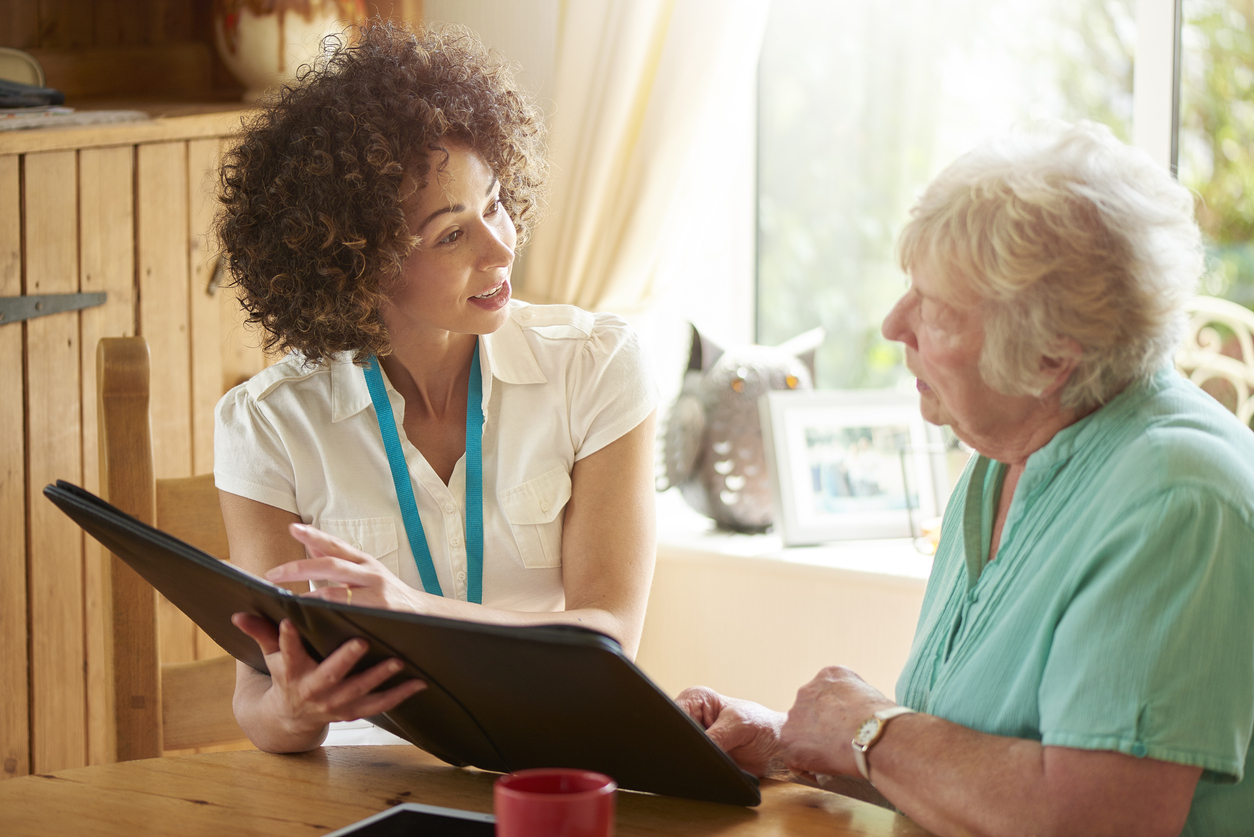Communication Skills 101: A Guide for Health & Community Service Professionals
We've previously explored on this blog the importance of social connection and the benefits of inclusive communities for individuals with disabilities. Today, let's delve into a cornerstone skill for anyone working in health or community services: communication. Effective communication is more than just exchanging information; it's about building trust, fostering empathy, and ultimately, delivering quality care and support.
 |
| Effective communication is more than just exchanging information. (📷qld.gov.au) |
Why Communication Matters
In the dynamic world of health and community services, clear and compassionate communication is paramount. Here's why:
- Improved Client Outcomes: Strong communication allows professionals to understand client needs, concerns, and preferences. This leads to more informed interventions, better decision-making, and ultimately, improved client outcomes.
- Building Trust and Rapport: Effective communication fosters trust and rapport between professionals and clients. When clients feel heard and understood, they are more likely to be open, honest, and engaged in their care or support plan.
- Enhanced Collaboration: Health and community services often involve collaboration between various professionals and organizations. Clear communication ensures everyone is on the same page, leading to more coordinated and effective care delivery.
- Empowering Clients: Effective communication empowers clients to make informed decisions about their health and well-being. It fosters a sense of autonomy and control, which can have a positive impact on overall health outcomes.
 |
| (📷 USAHS) |
Mastering the Art of Communication
So, how can we hone our communication skills in a health or community service setting? Here are some key strategies:
- Active Listening: This involves truly paying attention to a client's verbal and nonverbal cues. Show genuine interest, ask clarifying questions, and avoid interrupting.
- Clarity and Empathy: Use clear, concise language that your client can understand. Avoid jargon and technical terms. Emphasize empathy by acknowledging the client's feelings and experiences.
- Respectful Communication: Treat all clients with respect, regardless of background, beliefs, or circumstances. This fosters a safe space for open communication and collaboration.
- Adapting Your Style: Tailor your communication style to each client's individual needs and preferences. Some may require more detailed explanations, while others may prefer a more direct approach.
- Nonverbal Communication: Your body language and tone of voice can have a significant impact on how your message is received. Maintain eye contact, use open body language, and speak in a calm and reassuring tone.
Communication Beyond Words
Effective communication in health and community services goes beyond spoken words. Here are some additional considerations:
- Cultural Sensitivity: Be mindful of cultural differences in communication styles and beliefs. This ensures respectful and inclusive interactions for all clients.
- Written Communication: Clear and concise writing is essential for documentation, referrals, and client education materials.
- Active Listening in Action: Pay close attention to written communication from clients as well. This allows you to identify any underlying concerns or questions they may not have verbalized.
The Ripple Effect
Strong communication skills in health and community services professionals extend far beyond individual interactions. They create a ripple effect, fostering trust in the system, improving collaboration among healthcare providers, and ultimately, leading to better outcomes for clients and communities alike.
 |
| Strong communication skills in healthcare settings create a positive ripple effect. (📷 davidyorkhomehealthcare) |
Effective communication is the cornerstone of building trust, fostering empathy, and delivering high-quality care in health and community services. By honing our communication skills and actively listening to our clients, we can create a positive impact that extends far beyond individual interactions.
⭐⭐⭐


